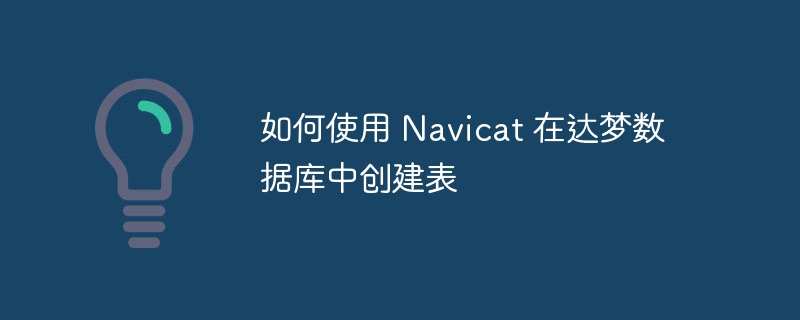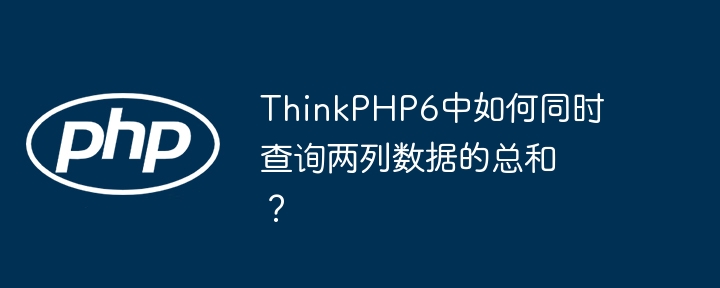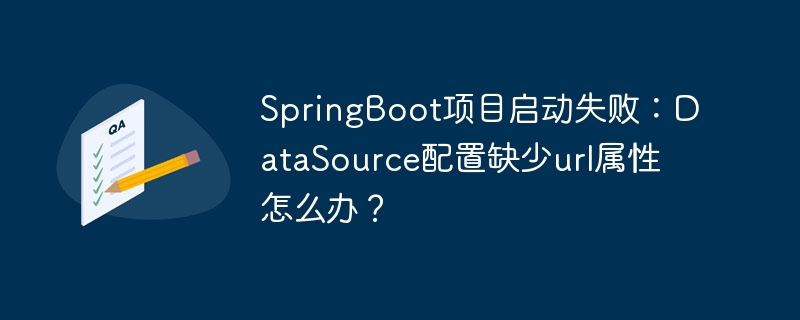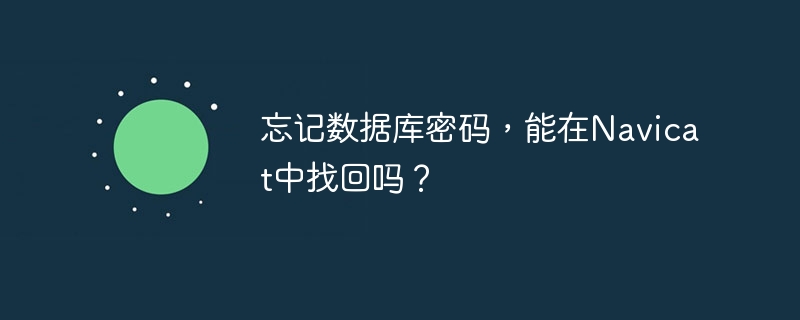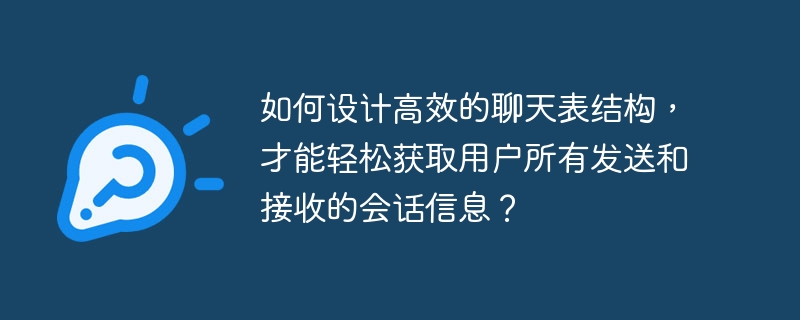
聊天表設計
在設計類似 csdn 私信系統的聊天表時,需要解決以下問題:
- 如何獲取接收私信方的會話列表?
- 如何讓接收方獲取該用戶所有發送人和發送的會話信息?
針對這些問題,現有表結構存在以下局限:
表a conversation <table> <thead> <tr> <th>id</th> <th>send_user</th> <th>to_user</th> </tr> </thead> <tbody> <tr> <td>1</td> <td>9</td> <td>10</td> </tr> </tbody> </table> 表b message <table> <thead> <tr> <th>id</th> <th>conversation_id</th> <th>send_user</th> <th>message</th> <th> </th> </tr> </thead> <tr> <td>1</td> <td>1</td> <td>9</td> <td>你好</td> <td> </td> </tr> <tr> <td>2</td> <td>1</td> <td>10</td> <td>你好</td> <td> </td> </tr> </tbody> </table>
獲取會話列表
為了解決獲取會話列表的問題,我們可以使用以下查詢:
select * from conversation where to_user = b
該查詢將返回用戶 b 接收的所有私信會話。
獲取所有發送會話和接收會話
要獲取用戶 b 所有發送和接收的會話,可以使用以下查詢:
(select * from conversation where to_user = b) union (select * from conversation where send_user=b)
優化考慮
如果系統規模較大,上述查詢可能會對數據庫性能造成影響。優化方法包括:
- 使用索引來加快查詢速度。
- 使用一個單一的表來存儲會話和消息信息,而不是使用兩個表。
- 考慮使用 redis 等緩存機制來降低數據庫的負載。
? 版權聲明
文章版權歸作者所有,未經允許請勿轉載。
THE END








